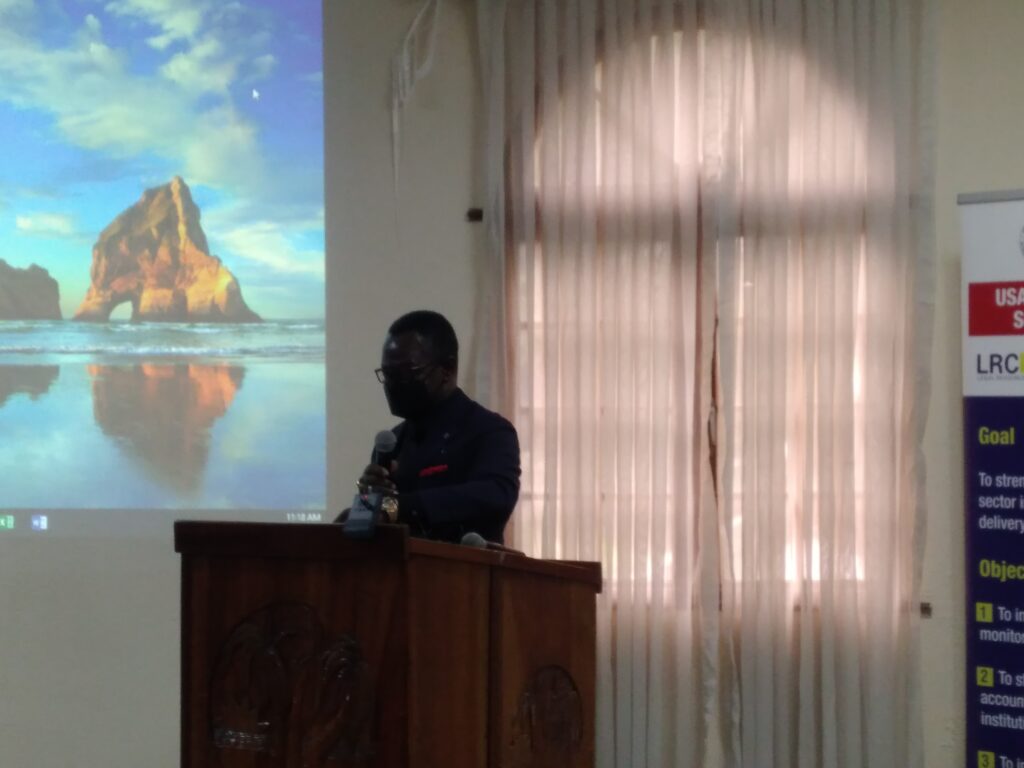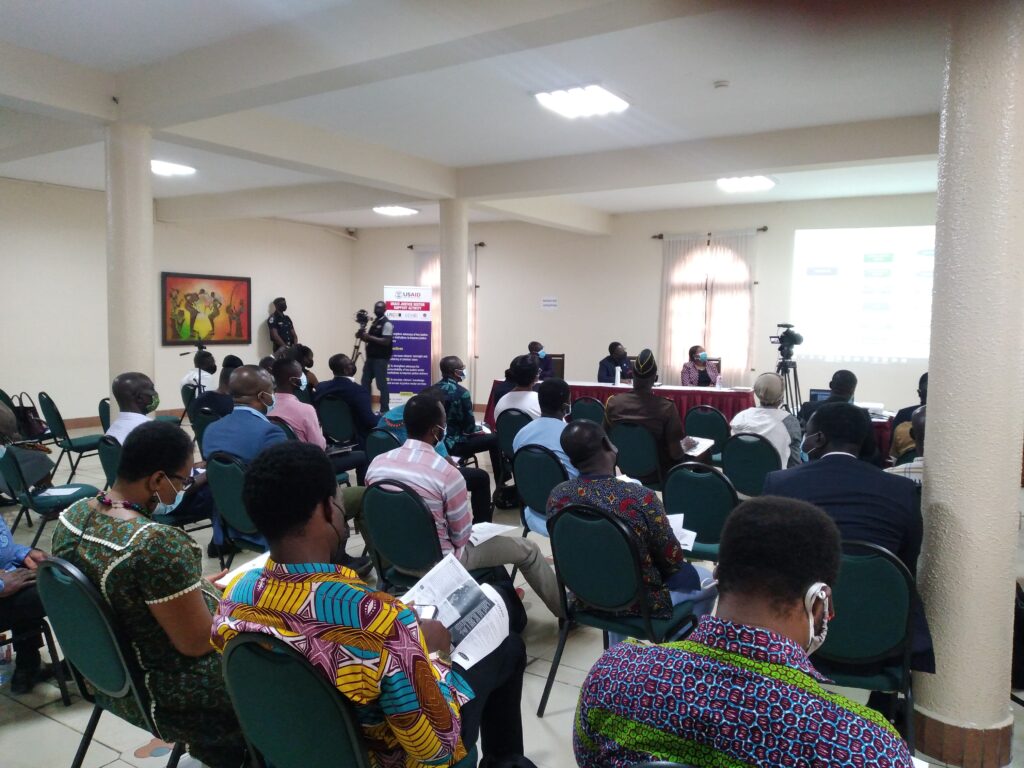Police, judges should experience jail as part of training – Justice Yoni Kulendi
Supreme Court judge Justice Emmanuel Yoni Kulendi has suggested that actors in the justice delivery system should be made to experience prison as part of their training.
He said the experience will most likely change the dispositions of these justice system players in the cause of discharging their duties towards people who come into contravention with the law.
“I think if anyone is going to play [a role] in the criminal justice system, in the cause of their training, the system should have some orchestrated built-in process that will cook up their running into problems with the law,” the Supreme Court judge suggested at a forum on Thursday, August 12.
“If you’re a policeman, you are put into a cell for 48hours then after, when you’re managing [others], your disposition to the people who come here will be different. It will change,” he said in answer to a question.

Admitting that judges adjudicate and determine cases according to their understanding or misunderstanding of the law, he said, the prison experience should be extended to them.
The same goes for the judge or magistrate that in the cause of the training, we should orchestrate a system where you get remanded and put into prison for one week. When you come back, the first thing you will appreciate is that the custodial facilities were not meant as a marketplace and so it is not meant for everyone who visits the police station or court,” he noted.
The judge was speaking at a sensitization workshop on the Ghana Case Tracking System (CTS). The CTS is software that collects, collates, and harmonizes data from the time a suspect is arrested to the time judgment is delivered.
The CTS is part of a USAID Justice Sector Support programme.
Endorsing the CTS, Justice Kulendi noted that “it’s always a human attitude” to reach for the most extreme punitive actions “and that is why we need a digital intervention because it makes the justice delivery process transparent”.
Reiterating the difficulty with Ghana’s justice delivery system, the apex court judge explained:
It is the people who have an interface with the criminal process [who should be blamed]. For instance, a person can be charged and granted bail…but the court will say go and bring two civil servants who earn more than GHC15,000 and all kinds of things. Instead of the judge to say go home on self-recognizance bail, the judge will impose conditions that you can never meet and that is not a problem with the law, it is a human problem.
“I mean, you walk to the police station yourself and when you get there you become a prisoner,” he said.
“Because we are just mean-spirited, [we] like power and lack [neighbourliness] because if you won’t want that to be done to you or your sister or brother, you won’t do that to anybody,” he concluded.

What is the Case Tracking System
To improve information sharing and coordination in Ghana’s Justice delivery system, an electronic case tracking system (CTS) was launched in Accra in 2018.
The CTS project is funded by the USAID in partnership with Legal Resource Center, Crime Check Foundation, and Commonwealth Human Rights Initiative.
The CTS project will be implemented in forty (40) districts in seven (7) regions; Western, Greater Accra, Northern, Bono, Upper East, Ashanti, and Volta.
Benefits of CTS
The project will progressively scrutinize the criminal justice space positively through the following:
-development of a comprehensive design and sustainable roll-out process for the integrated case tracking system.
-Implement a testing phase and identifying the requirements for the sustainable use and expansion of the integrated case tracking system and Improve procedures and policies to strengthen change management, coordination, and communication across key justice sector institutions.



